
Modern life has its perks, and no one’s arguing that. We’ve got smart gadgets, same-day delivery, AI doing half the thinking, and a fridge that tells you when you’re out of eggs.
But behind the comfort and convenience, something sneaky is happening. Your body, the one designed to move, lift, stretch, and recover, is getting softer, stiffer, and slower.
Here’s how modern lifestyle habits are starting to affect your health in ways you’ve never thought of.
Sitting Like It’s a Full-Time Job

Most guys spend the bulk of their day in a chair at a desk, in the car, on the couch, and then at the dinner table. What starts out as comfort turns into stagnation. Sitting weakens your glutes, tightens your hip flexors, and compresses your spine.
Before long, you’re standing like a question mark and wondering why your lower back always aches.
Ever tried standing at a urinal and realized your hips just feel… stuck? Your body adapts to how you use it, and if you sit all day, you’re training yourself to be really good at sitting and not much else.
The Blue Light Hangover
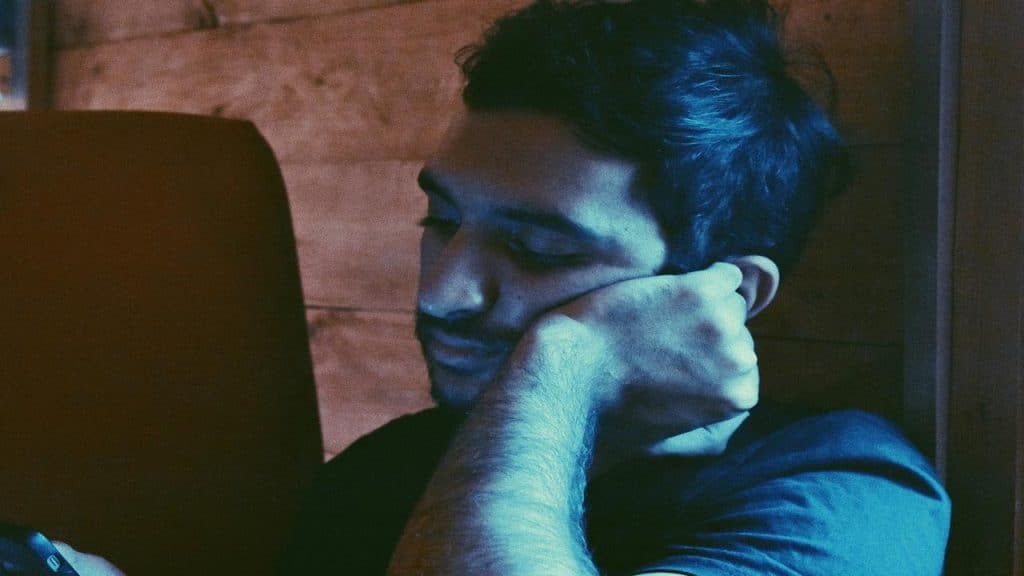
The artificial blue light pouring out of your phone, TV, or laptop tricks your brain into thinking it’s still daylight. That delays melatonin release and keeps your body stuck in “go” mode, even when you’re exhausted.
You scroll TikTok or binge one more episode, thinking it’s harmless wind-down time. Meanwhile, your sleep quality tanks. You wake up foggy, drag through your morning, then overcompensate with caffeine. It’s a loop, and it’s brutal on your hormonal balance, metabolism, and energy levels. That sleep debt adds up, and you can’t pay it off with just one “good night.”
The Muscle Memory That’s Fading

Your muscles remember what you teach them. Back then, our daily lives required lifting, reaching, squatting, and twisting. You know, functional stuff. Now? You swipe, click, and maybe carry groceries once a week.
Even something simple, like hoisting a bag of mulch or moving furniture, can feel like a major event. Your granddad probably didn’t do leg day, but he could throw hay bales or fix a fence without blinking.
But Wait, Isn’t Convenience the Goal?
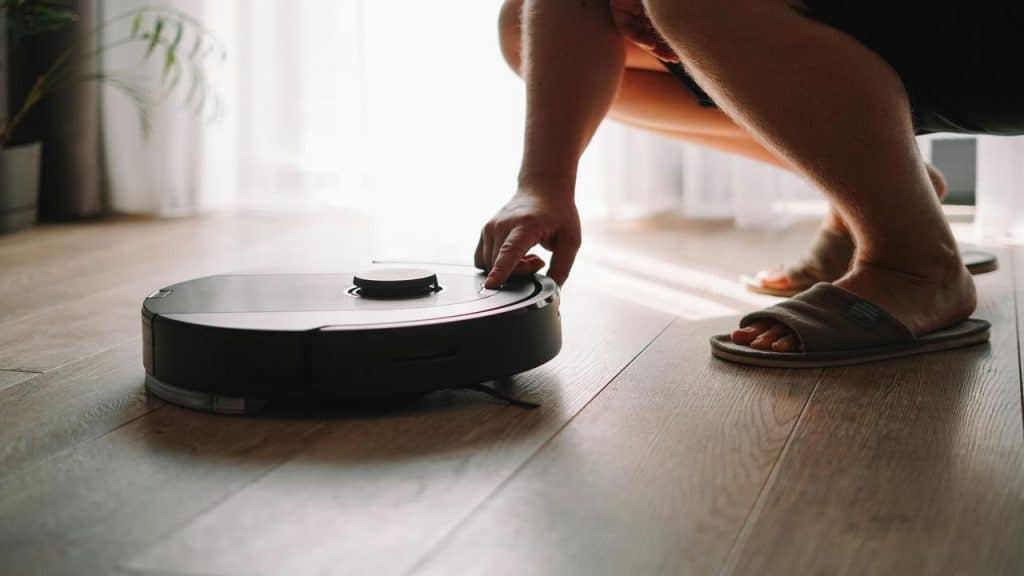
Sure, we built a world that runs on convenience. But our bodies didn’t evolve for extreme comfort. They evolved for challenge, friction, and variability. Modern life stripped away the little moments of resistance that used to keep us tuned up.
And in doing so, it’s made our systems lazy, inside and out.
Chronic Stress Is Like a Slow Acid
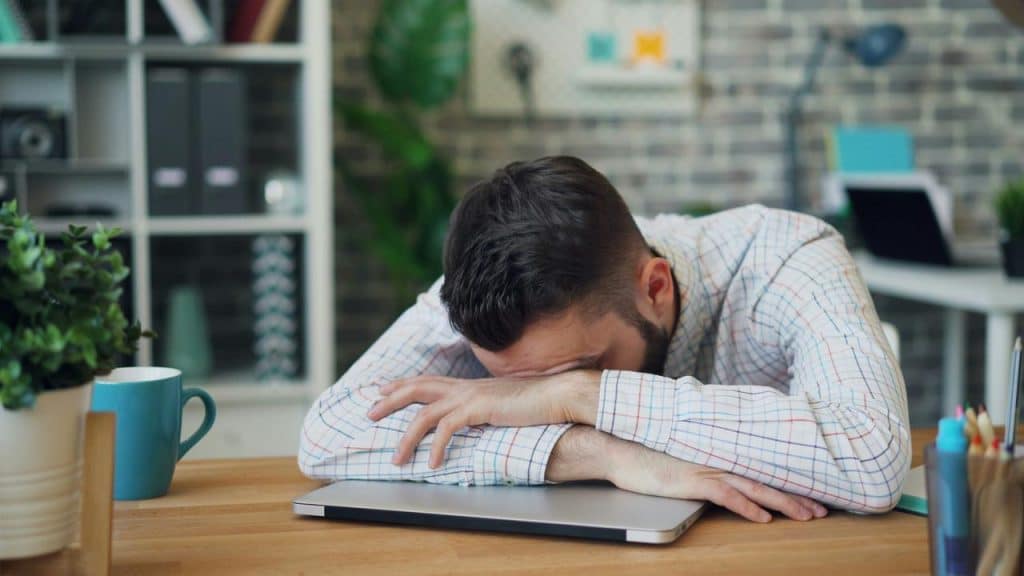
You might not feel like you’re stressed, but low-grade, constant stress is a different beast. Your body reacts by pumping out cortisol, your primary stress hormone.
Over time, high cortisol eats away at your muscle mass, weakens your immune response, and messes with your sleep. It’s like rust on a car. Unseen at first, but eventually it starts to break things down.
Processed Food Passivity
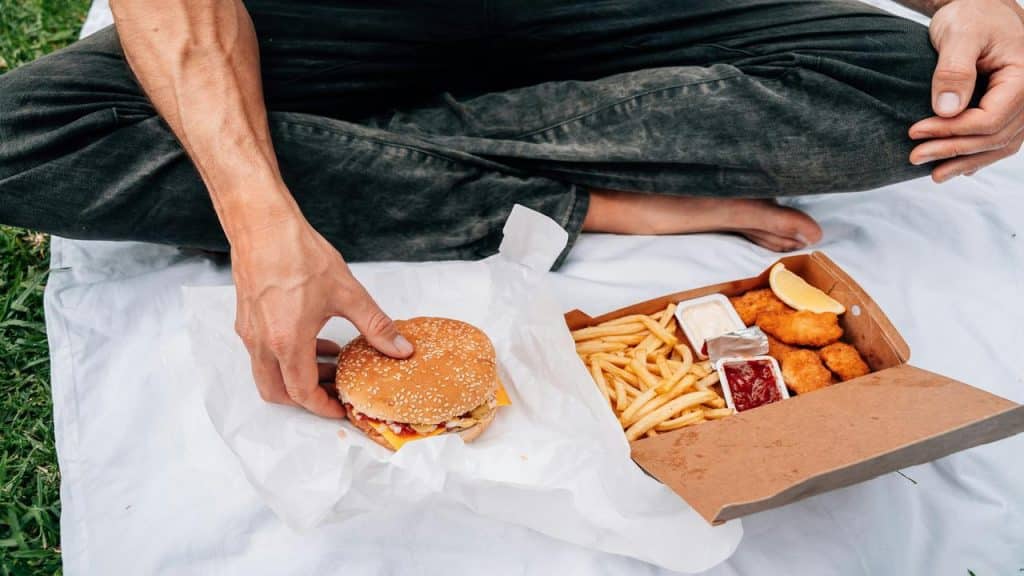
Most meals these days are less food and more edible products. Microwave dinners, gas station snacks, grab-and-go breakfast bars. It’s quick, it’s easy, but it’s also nutrient-poor and chemically loaded.
Your gut microbiome takes a hit. Inflammation creeps in. You feel sluggish even after eating. Worse, your hunger cues get scrambled. Ever find yourself starving an hour after eating something loaded with sugar and salt? That’s your body telling you it didn’t get what it needed.
We’re Breathing All Wrong
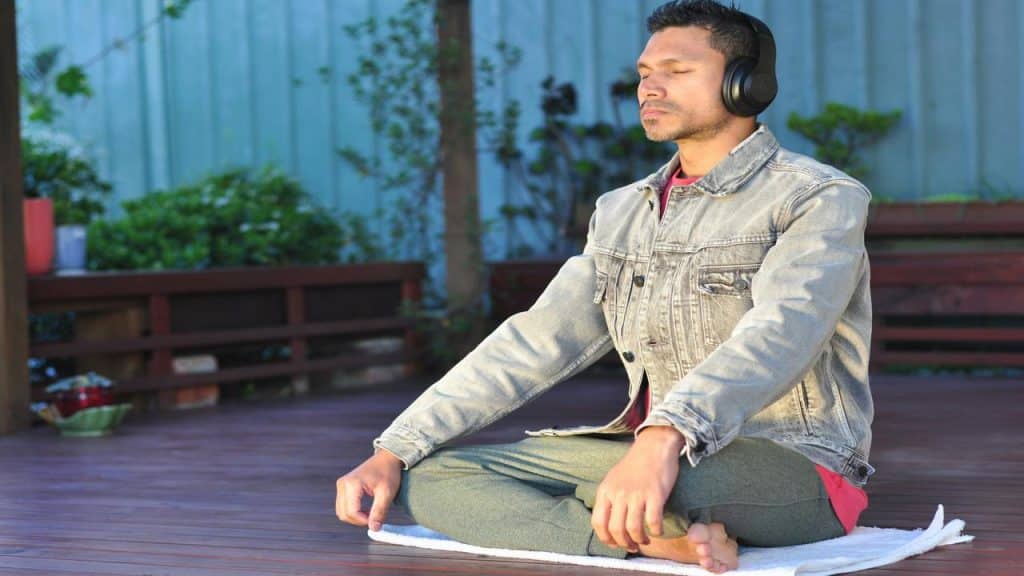
Most people breathe from their chest, not their belly. It’s shallow, fast, and anxiety-driven. Over time, it reduces lung capacity, spikes stress, and starves your brain and muscles of oxygen.
Diaphragmatic breathing, the kind that fills your belly like a balloon, is how your body is meant to inhale life. Athletes train it. Singers rely on it. But regular folks? We’ve lost touch with it. Sit at a desk long enough, and even your lungs get lazy. If you’ve ever caught yourself yawning all day, you might be under-oxygenated.
Remember When We Used to Play?

Think about it. When was the last time you sprinted for fun? Climbed something? Rolled around in grass or dirt? All of these built coordination, flexibility, and core strength without us realizing it.
Adult life trades play for productivity. But without physical activity, we lose the kind of agile, instinctive movement that keeps joints healthy and muscles responsive. The irony? You probably need that now more than ever.
Everything Is Automated Except Our Bodies
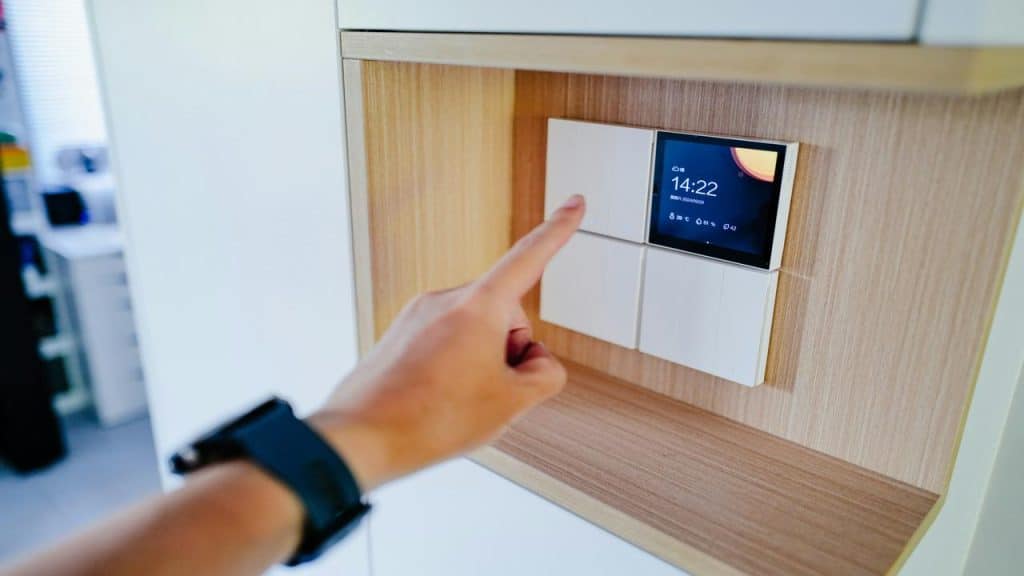
We’ve got robot vacuums, smart thermostats, voice assistants, and subscription boxes that show up before we even remember we needed something. But while your life is automated, your body isn’t. It still needs movement, stress, and variation.
Less daily movement means fewer calories burned, less muscle activation, and more stiffness. You know what’s even weirder? People are starting to injure themselves doing basic chores because their bodies aren’t used to that kind of effort anymore.
Hydration’s a Casualty of Caffeine and Convenience
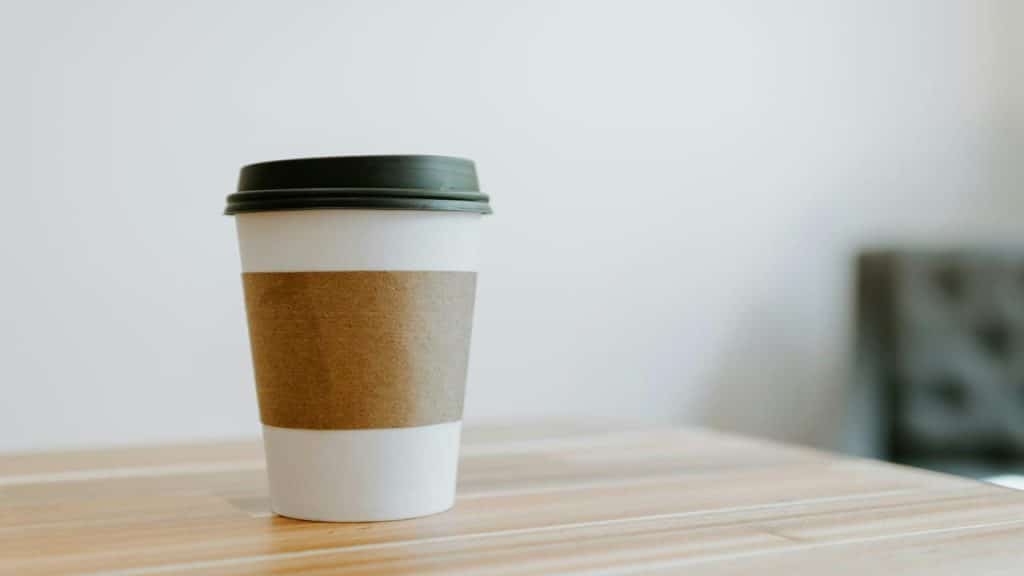
Coffee in the morning, energy drinks in the afternoon, and a few beers after dinner. It’s a classic American lineup. But where’s the water?
Dehydration doesn’t show up as thirst. It shows up as fatigue, headaches, joint pain, and brain fog. Most people walk around mildly dehydrated without realizing it. Your body needs water not just to survive but to function. Even your spine needs it to keep discs from compressing. If you’re tired all the time, try water before another espresso shot.
Artificial Light Is Stealing Our Vitality
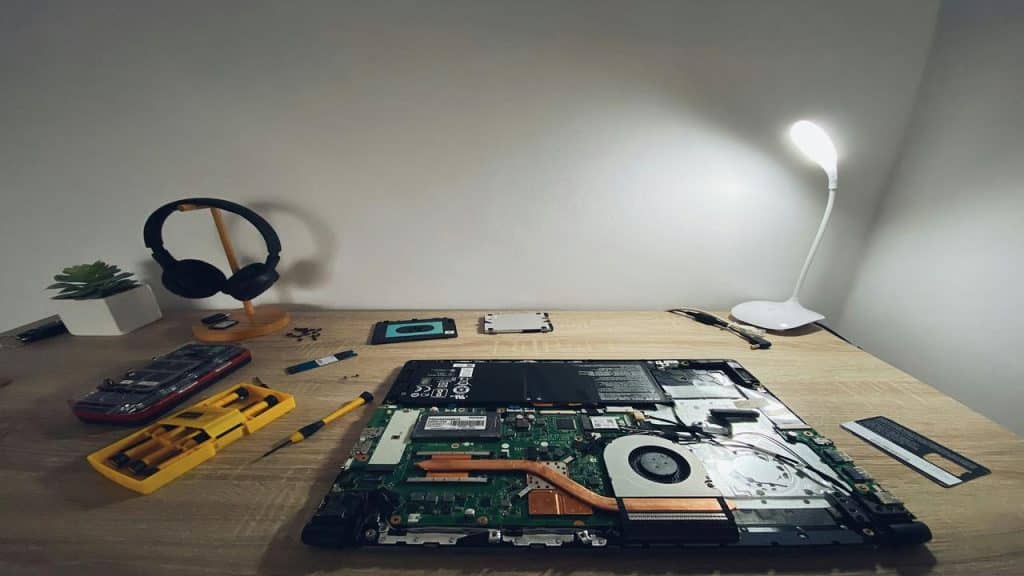
There’s a reason people sleep better when camping. Firelight fades gradually, the stars show up, and your body naturally winds down. Compare that to your living room, a blaze of cold LED light and a TV flashing like a nightclub.
That harsh artificial light suppresses melatonin, your sleep hormone. Over time, this subtle interference messes with your mood, immune system, and metabolism. You might not notice it in the moment, but your body definitely does.
So What’s Normal Anyway?
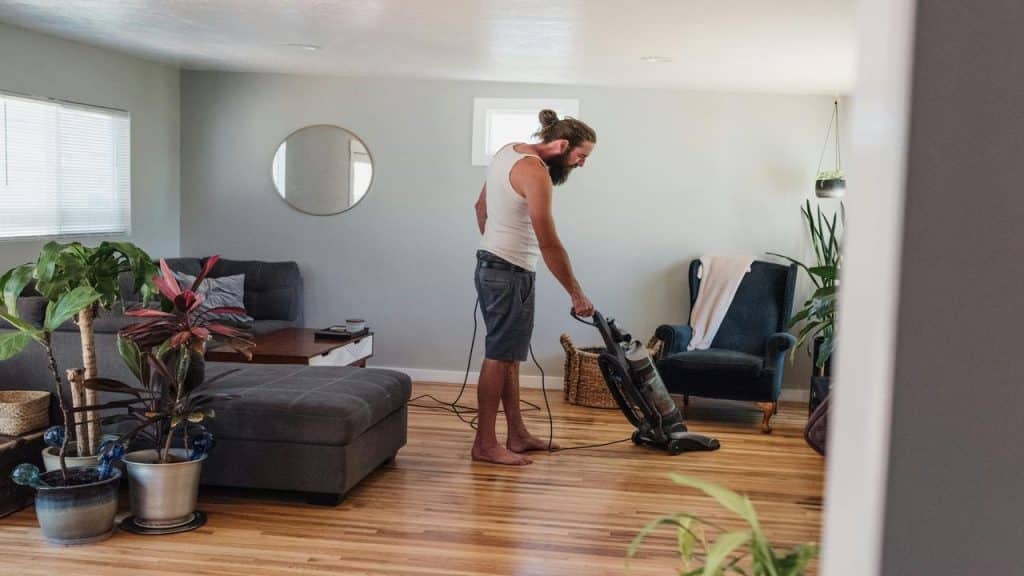
We call this life “normal” because it’s common. But that doesn’t mean it’s healthy. If you time-traveled someone from 1950 into a modern office or scrolled their brain through your social feed for ten minutes, they’d probably be dizzy.
Just because we’ve adjusted doesn’t mean we’ve adapted. The disconnect between what we evolved for and how we live now is where the wear and tear begins.
Constant Connectivity Is a Physical Load
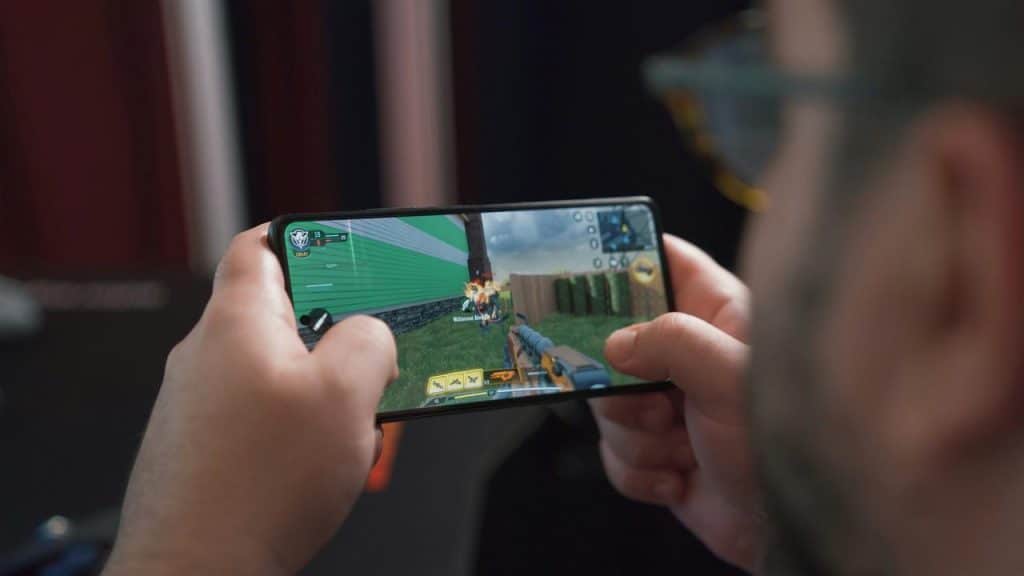
Being “on” all the time doesn’t just drain your mind. It affects your body. Notifications, pings, pings about notifications. They keep your nervous system in a constant low-alert state.
That means higher blood pressure, tighter muscles, and less recovery between stress cycles. Ever notice how your shoulders creep up toward your ears when you’re multitasking? It’s your body reacting physically. You’re physically fried from all that digital buzzing.
Junk Sleep Is Catching Up
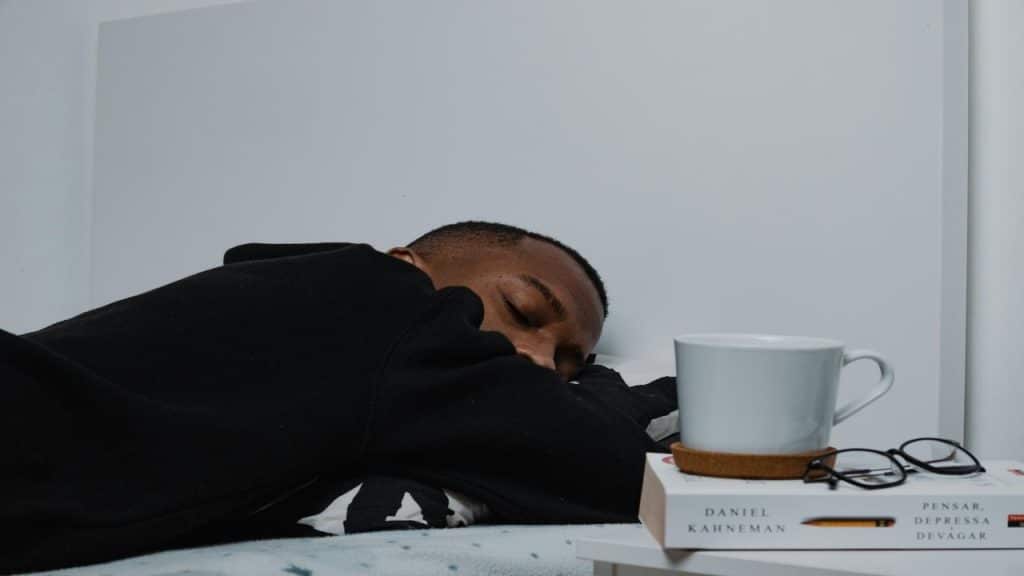
We’ve already talked about blue light and stress, but here’s the deeper issue. Most people aren’t sleeping. They’re just unconscious for a few hours. True sleep is restorative. It’s when your body repairs muscles, regulates hormones, and processes memory.
But fragmented sleep, TV still on, inconsistent schedule, bathroom trips, and noisy neighbors mean you’re not hitting deep REM or slow-wave sleep. So even if you sleep eight hours, you wake up feeling like you ran a marathon on broken ankles.
The Gym Doesn’t Fix Everything
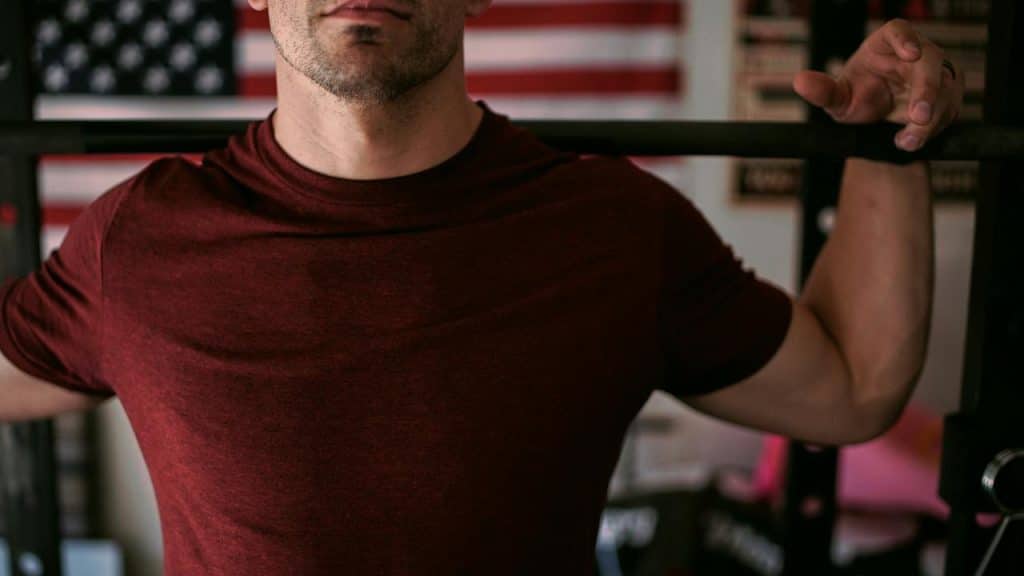
A one-hour workout doesn’t cancel out ten hours of sitting. It helps, sure, but your body doesn’t just count workouts. It counts total movement. That means walking, standing, stretching, and even fidgeting.
Some guys crush it in the gym, then spend the rest of the day slouched on a couch or glued to a laptop. The result? Tight hips, weak posture, slow recovery. The more you move through your day, the less you need to overcompensate later.
Movement Isn’t Just for Fitness
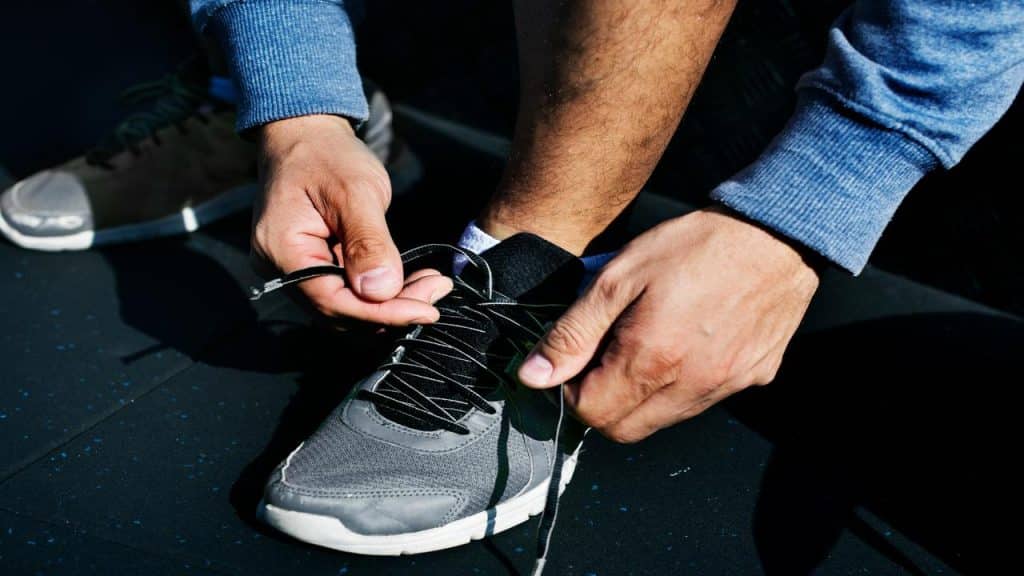
There’s a hidden truth here. Movement isn’t only about looking good or staying lean. It clears your head, improves digestion, boosts creativity, and stabilizes mood. You weren’t meant to be a statue for 90 percent of your waking life.
Take a walk after meals. Do a few pushups while the coffee brews. Pace during phone calls. These micro-movements stack up, and your body loves them more than a punishing two-hour workout once a week.
We’ve Outsourced Risk and Resilience
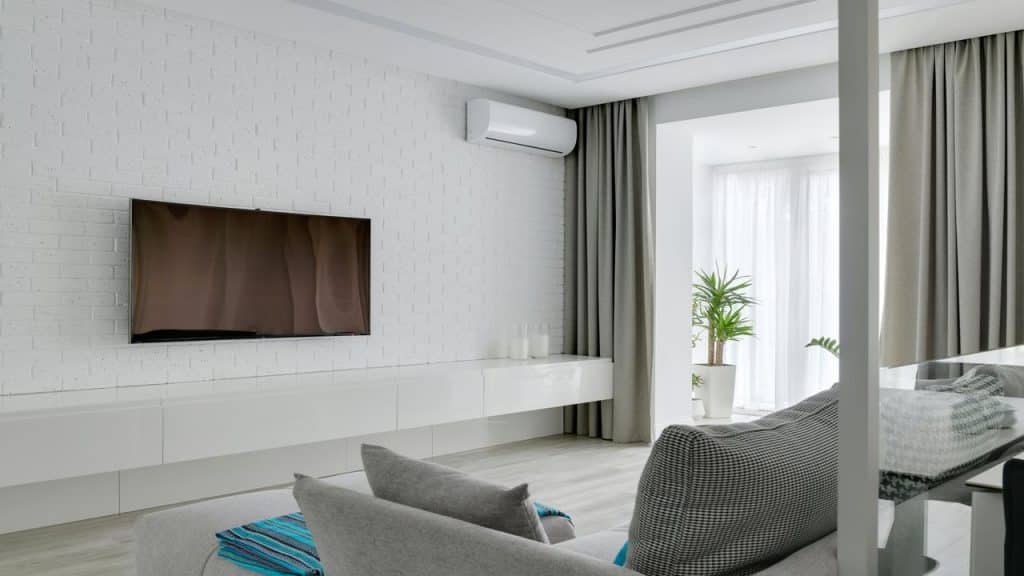
Most modern environments are engineered for safety and comfort, and that’s good in many ways. But it also means we avoid stressors that make our bodies resilient. Cold, heat, rough terrain, uneven surfaces. All of these used to be daily inputs.
Now? We live in climate-controlled rooms, wear ultra-cushioned shoes, and drive over potholes instead of walking on gravel. But here’s the kicker. Your body thrives on variability. Cold showers, barefoot walks, and trail hikes. These things reawaken balance, proprioception, and strength you didn’t know you’d lost.
It’s Not About Going Primitive

No one’s saying you need to live in a cabin and start bow-hunting elk. Take a hike. Turn off the AC sometimes. Use your legs instead of the elevator. Live with the benefits of a modern lifestyle without letting it turn you into someone you don’t recognize.
The Hormone Slide No One Talks About
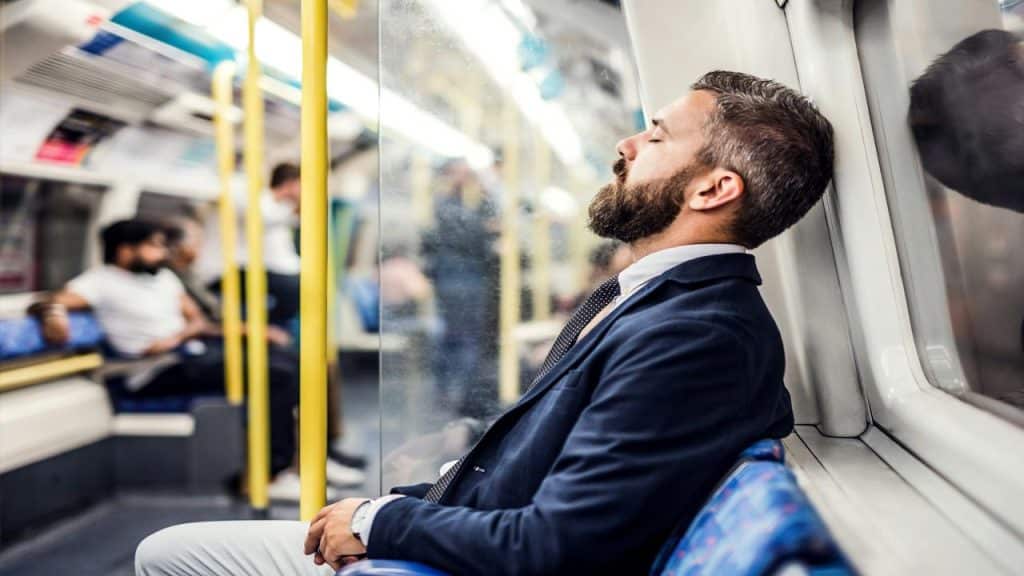
Testosterone levels in men have been dropping for decades, and no, it’s not just age. Sleep deprivation, stress, excess weight, plastic exposure, and lack of physical challenge all contribute.
Your body interprets modern life as a signal. You’re safe, comfortable, and sedentary. No need for high testosterone. But that hormone isn’t just about sex drive. It’s about energy, drive, muscle repair, and confidence. The less you move and challenge yourself, the faster it fades. Reclaiming it starts with stress reduction, better sleep, fewer endocrine disruptors, and consistent movement.
Nature Deficit Is a Real Condition
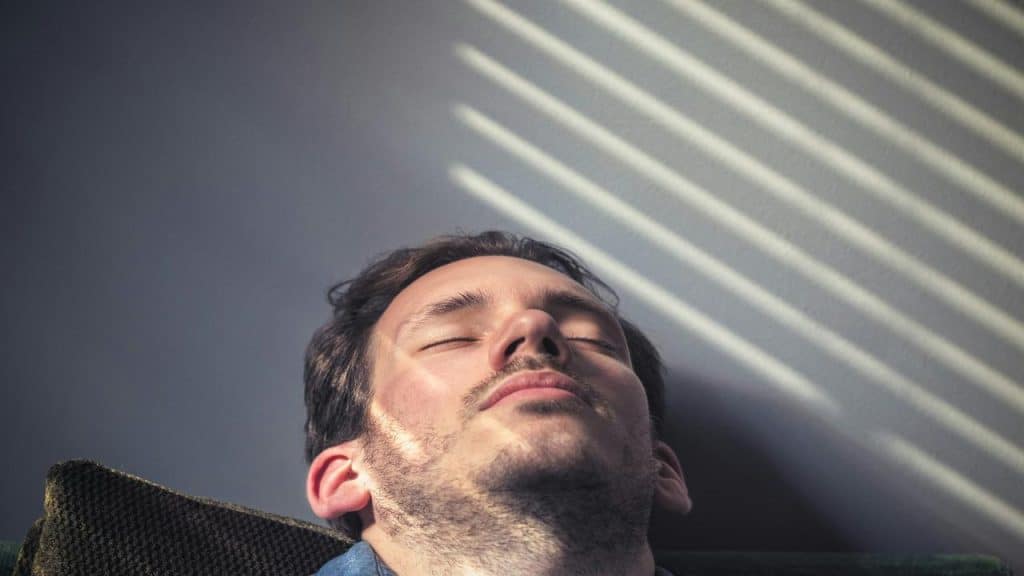
Time in nature isn’t a luxury. It’s a biological need. Sunlight triggers vitamin D production. Green spaces lower stress hormones. Fresh air improves oxygen exchange. And guess what? Dirt, yes, actual dirt, helps diversify your gut microbiome.
But many of us go days or weeks without touching grass, literally. The result is a quiet slide into fatigue, low mood, and weakened immunity. Whether it’s a hike, a picnic, or just walking the dog, getting outside resets your body in ways no pill or supplement ever could.






Ask Me Anything